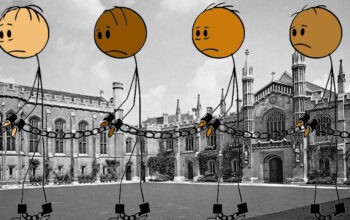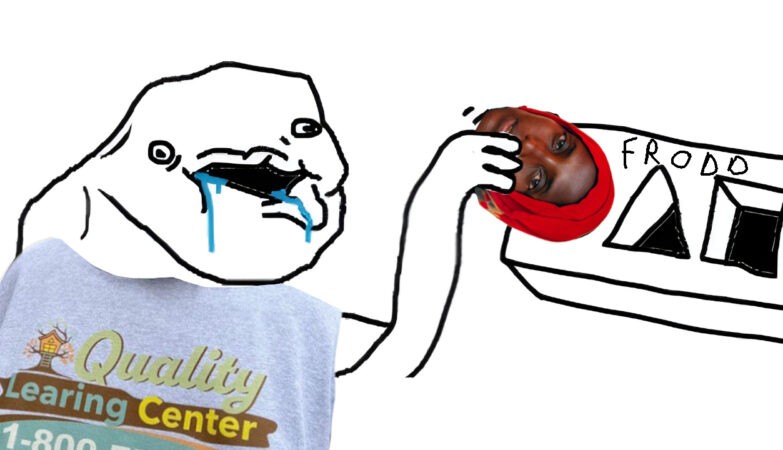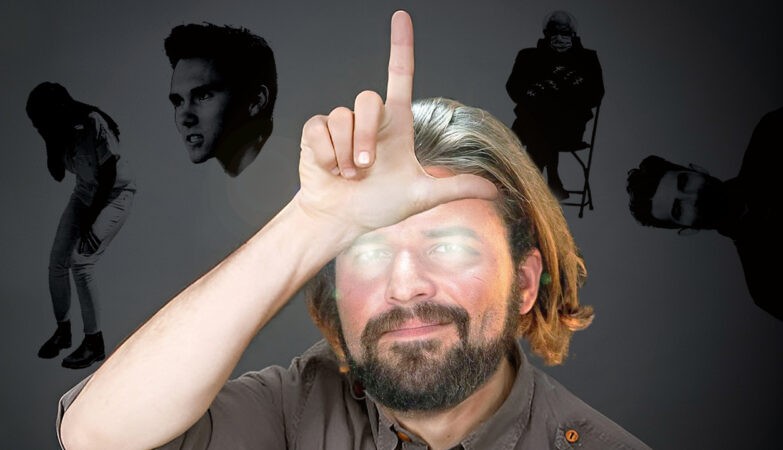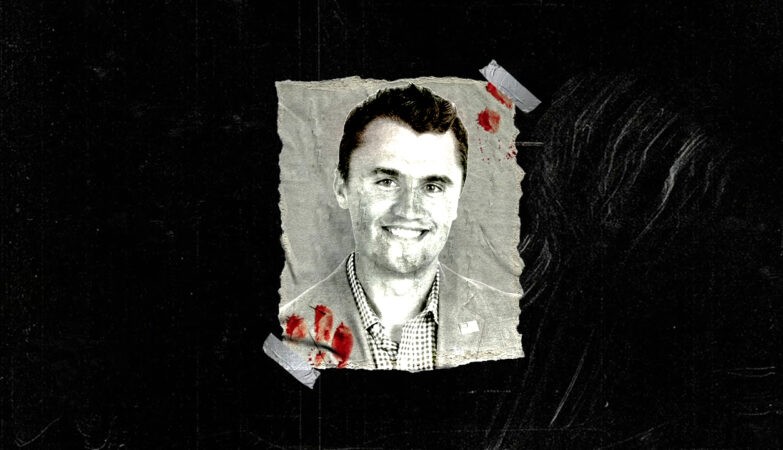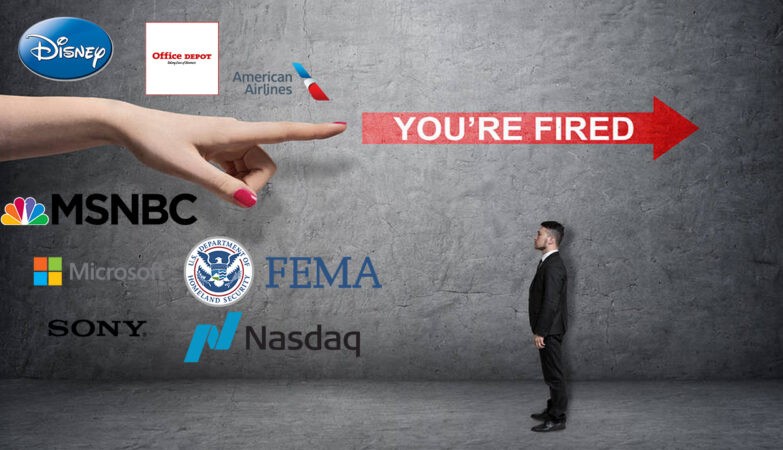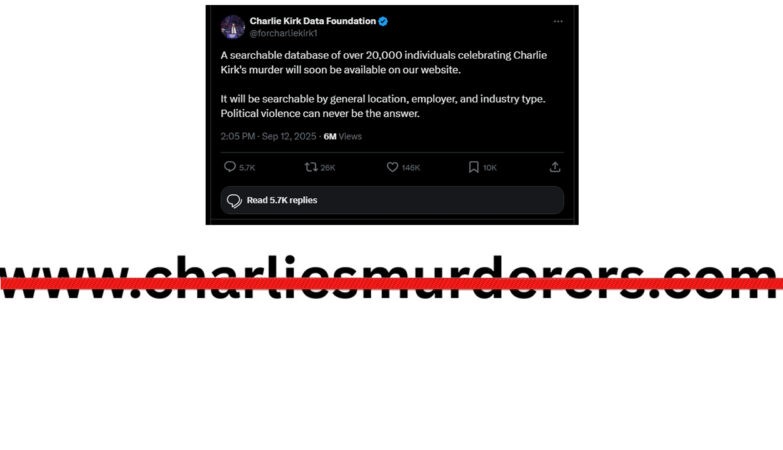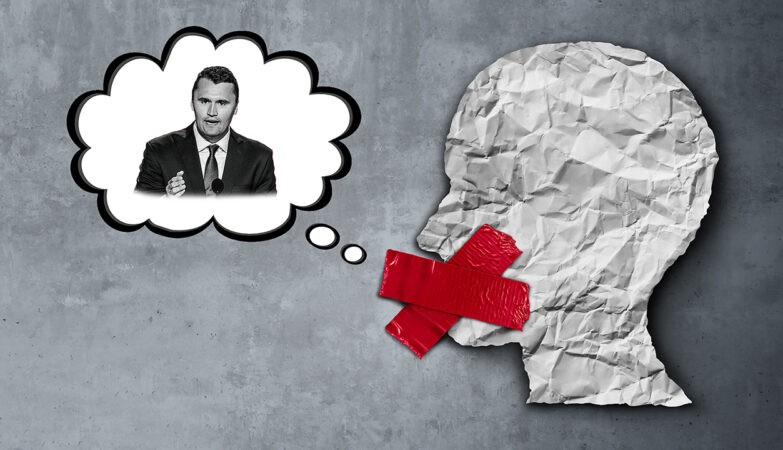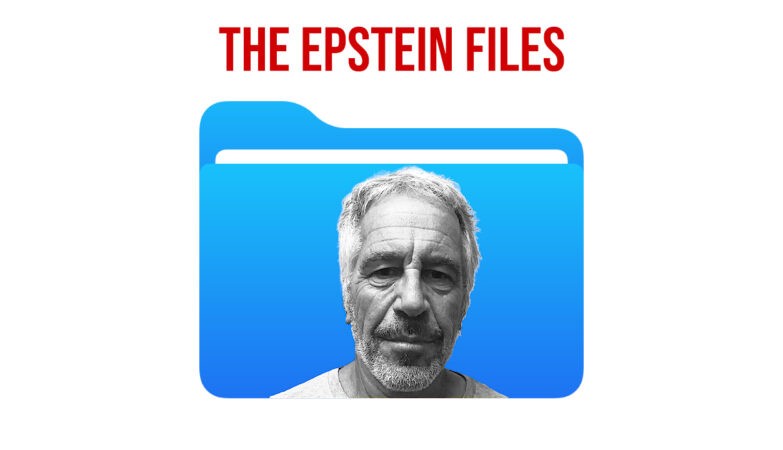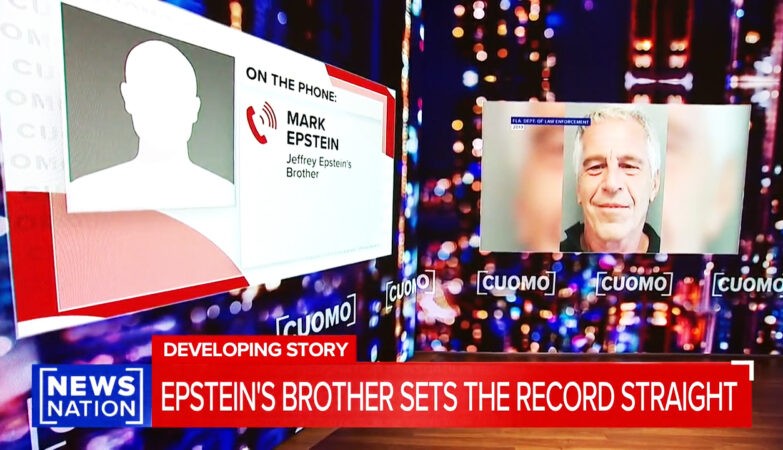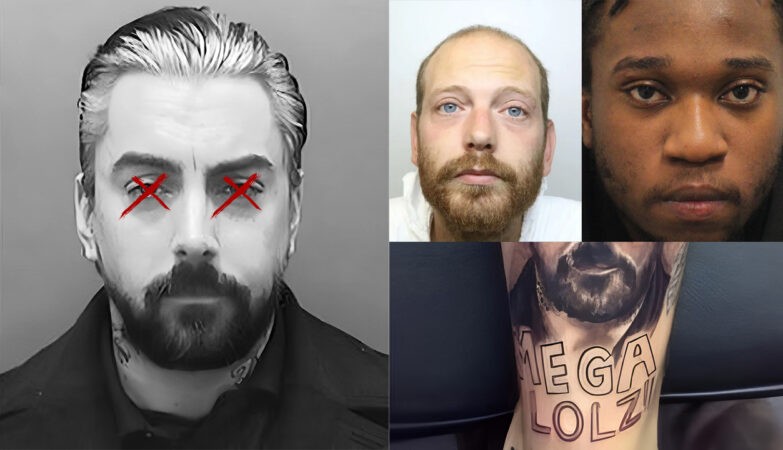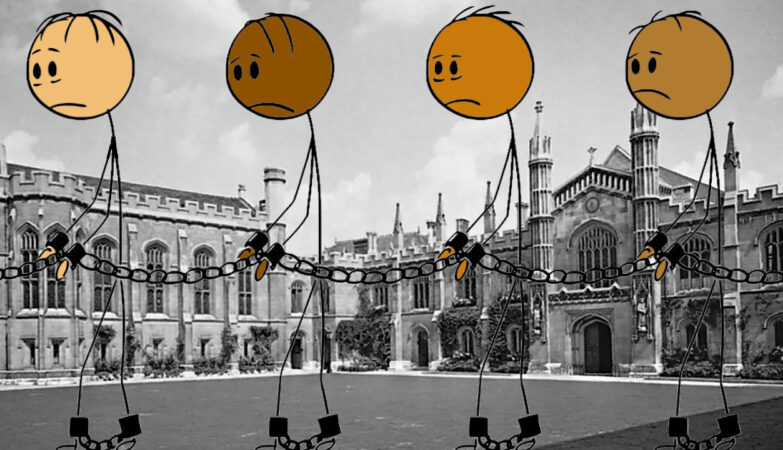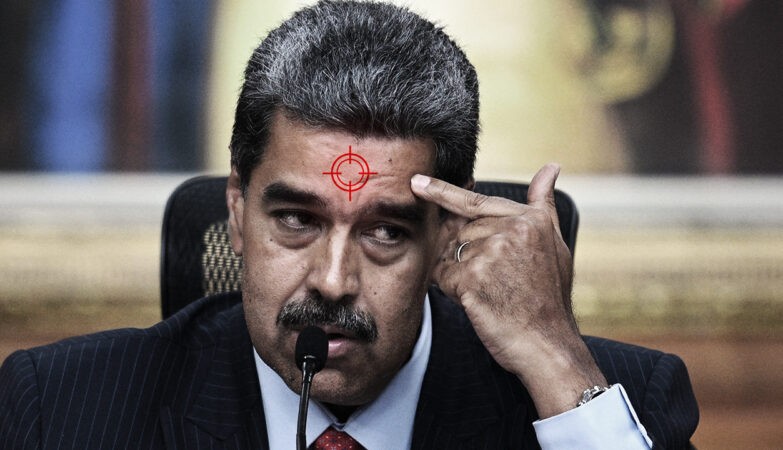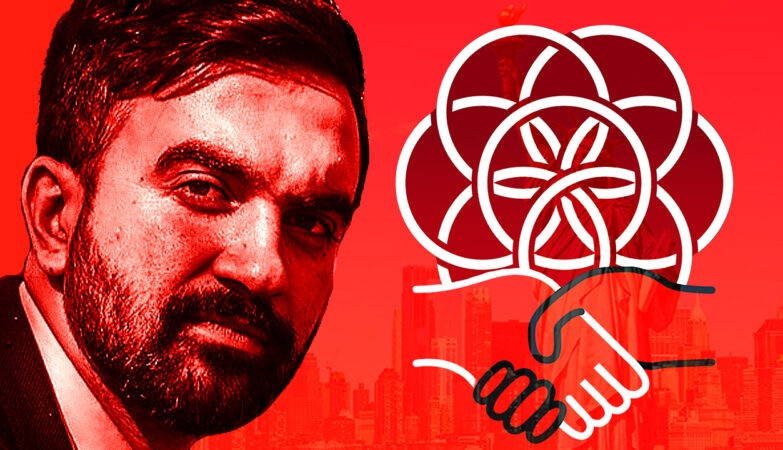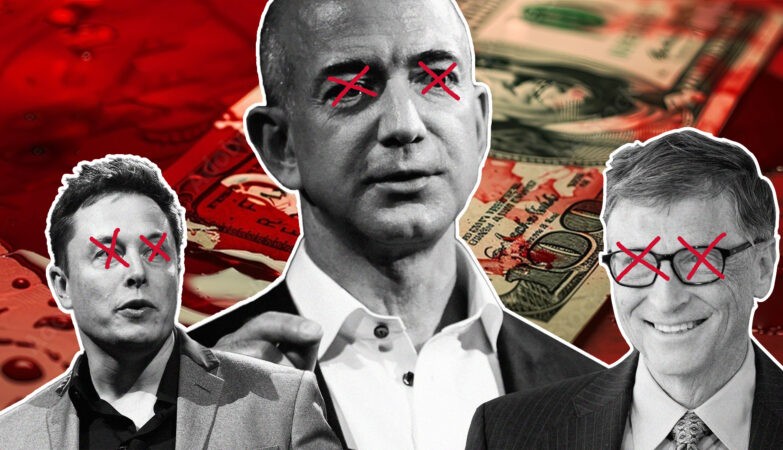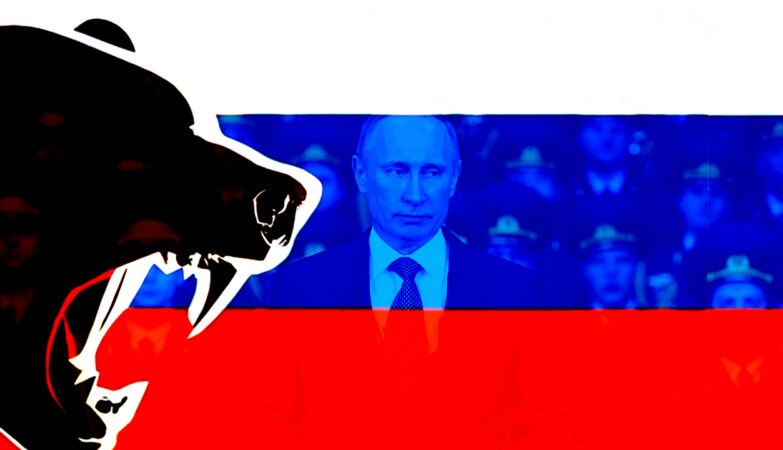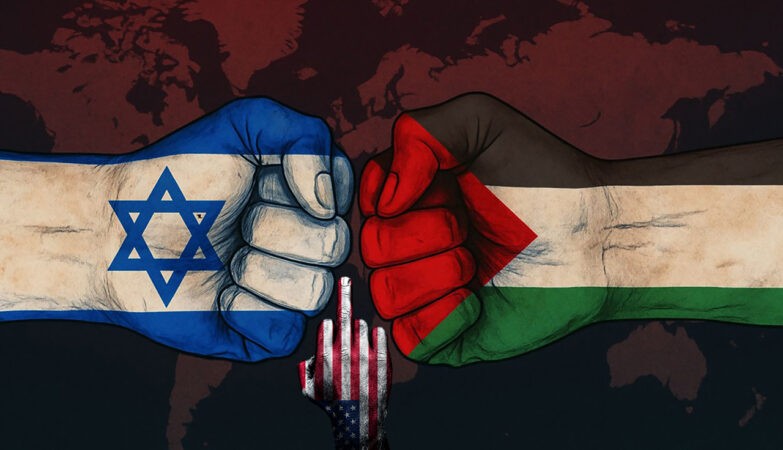Microsoft co-founder Bill Gates — who is worth an estimated $130 billion — and his wife, Melinda, are getting a divorce after 27 years of marriage, the couple announced Monday in a joint statement.
“After a great deal of thought and a lot of work on our relationship, we have made the decision to end our marriage,” a statement from the billionaire philanthropist couple, tweeted from both of their personal Twitter accounts at 4:30 p.m. EST, reads.
“Over the last 27 years, we have raised three incredible children and built a foundation that works all over the world to enable all people to lead healthy, productive lives,” the statement goes on.
“We continue to share a belief in that mission and will continue our work together at the foundation, but we no longer believe we can grow together as a couple in this next phase of our lives. We ask for space and privacy for our family as we begin to navigate this new life.”
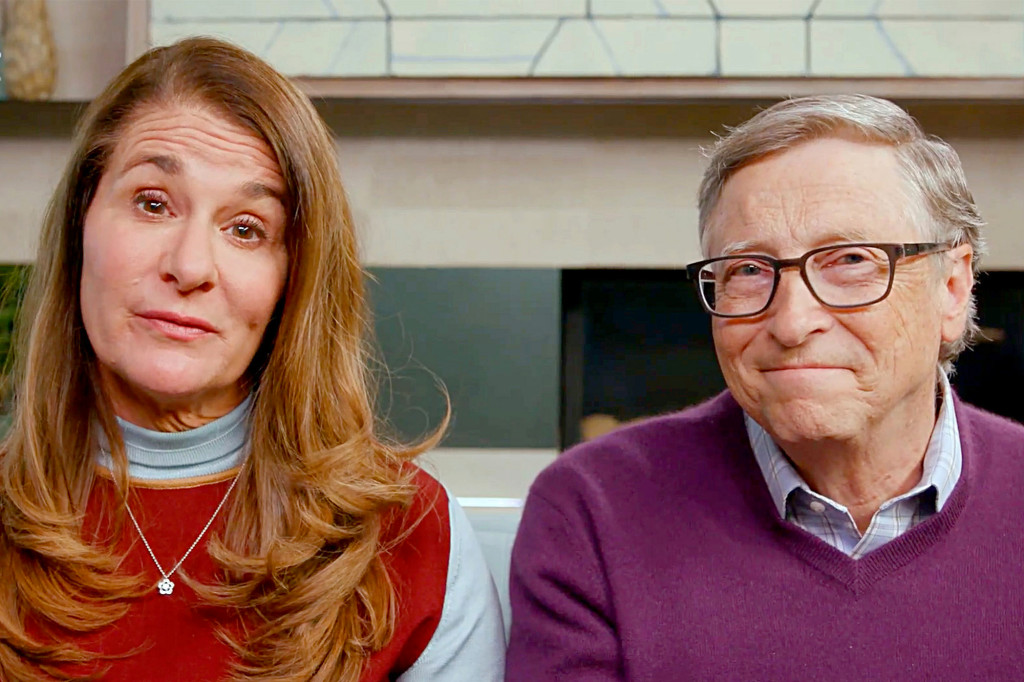
The couple have three children — Jennifer, 25, Rory, 21, and Phoebe, 18 — who live mostly private lives. Jennifer Gates is the only one of her siblings with a public Instagram account and made a post about her parents divorce Monday afternoon where she acknowledged the news has been “challenging” and thanked loved ones for their support.
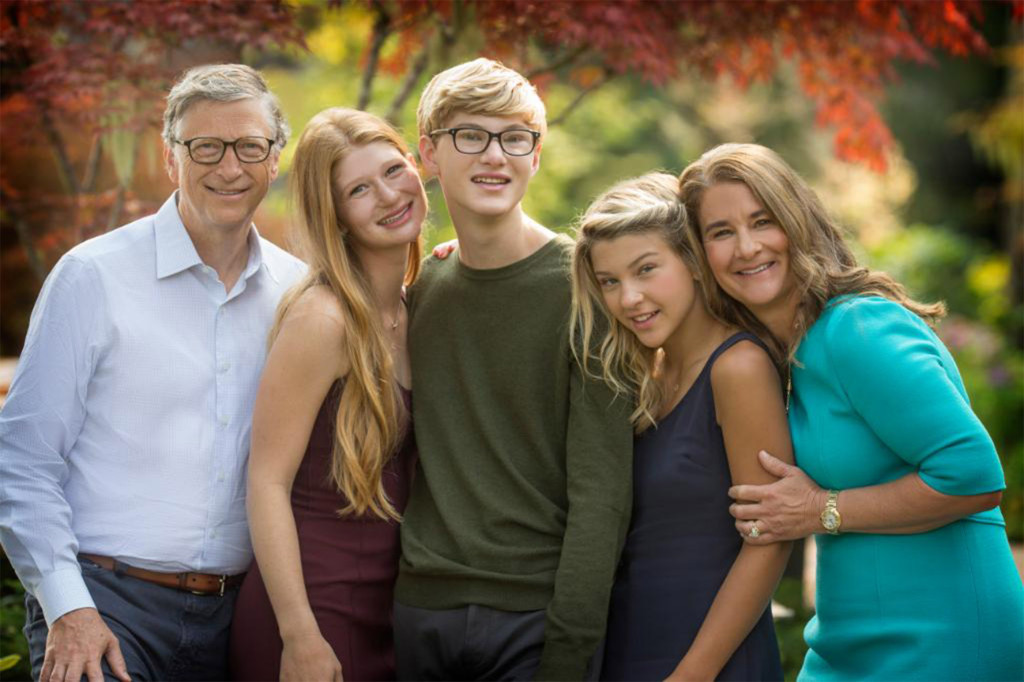
No Prenup
Melinda Gates was the one to file for divorce from Bill Gates — and the billionaire philanthropist couple apparently did not have a prenuptial agreement, court documents reveal.
Melinda, 56, wrote that the marriage was “irretrievably broken” when providing a reason for the divorce, according to the filing, obtained by TMZ.
The petition for divorce, filed Monday in King County Superior Court in Seattle, Wash., notes that the pair has a “separation agreement,” but not a prenup.
A separation agreement is usually signed at the end of a marriage and lays out the terms of the split.
That contract wasn’t included in the divorce filing, but will apparently dictate how the couple will divide up their assets.
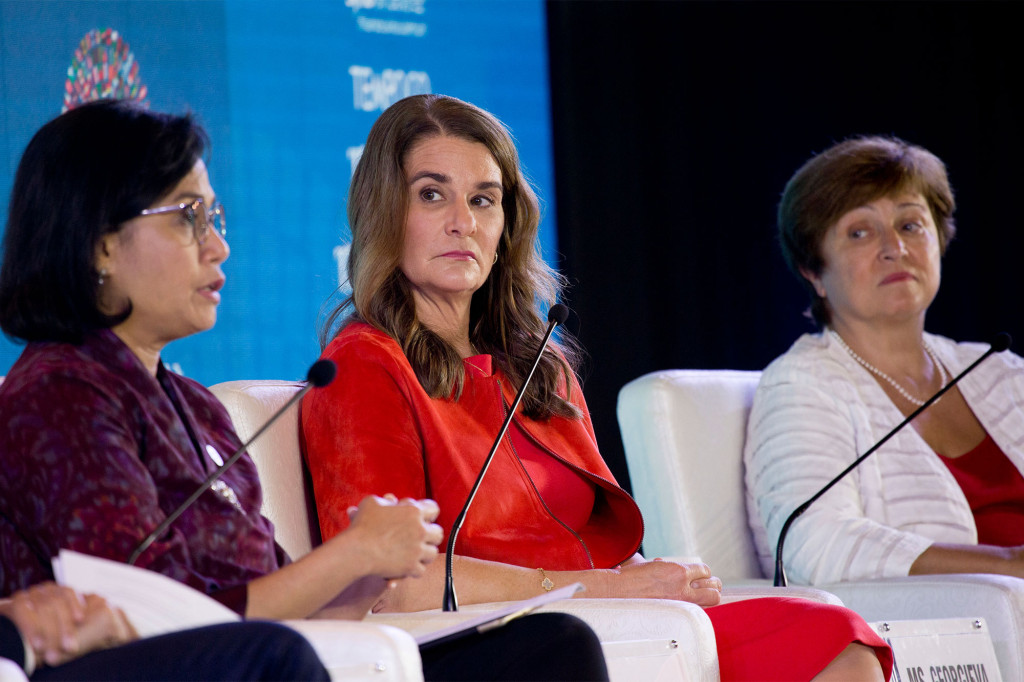
AP Photo/Firdia Lisnawati
The Gates fortune is estimated at well over $100 billion, so it’s perhaps not surprising that Melinda is not requesting spousal support, according to the filing.
She and Bill, 65, the co-founder of Microsoft and former richest person in the world, announced Monday that they would be splitting up after 27 years of marriage and 34 years as a couple. They have three adult children: Jennifer, 25, Rory, 21, and Phoebe, 19.
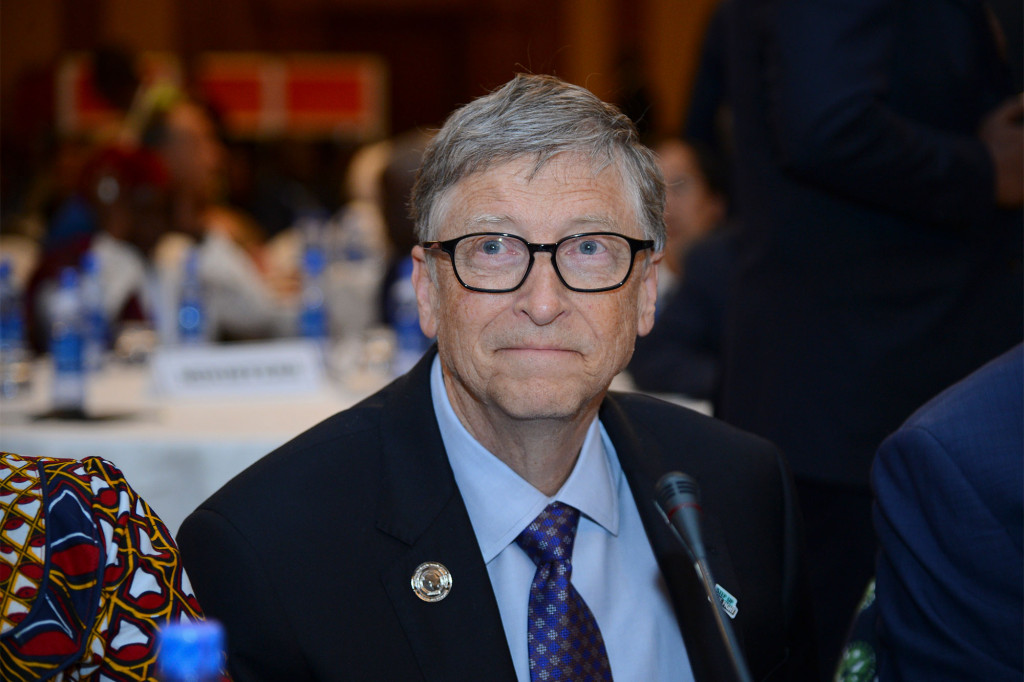
“After a great deal of thought and a lot of work on our relationship, we have made the decision to end our marriage,” read a statement from the two.
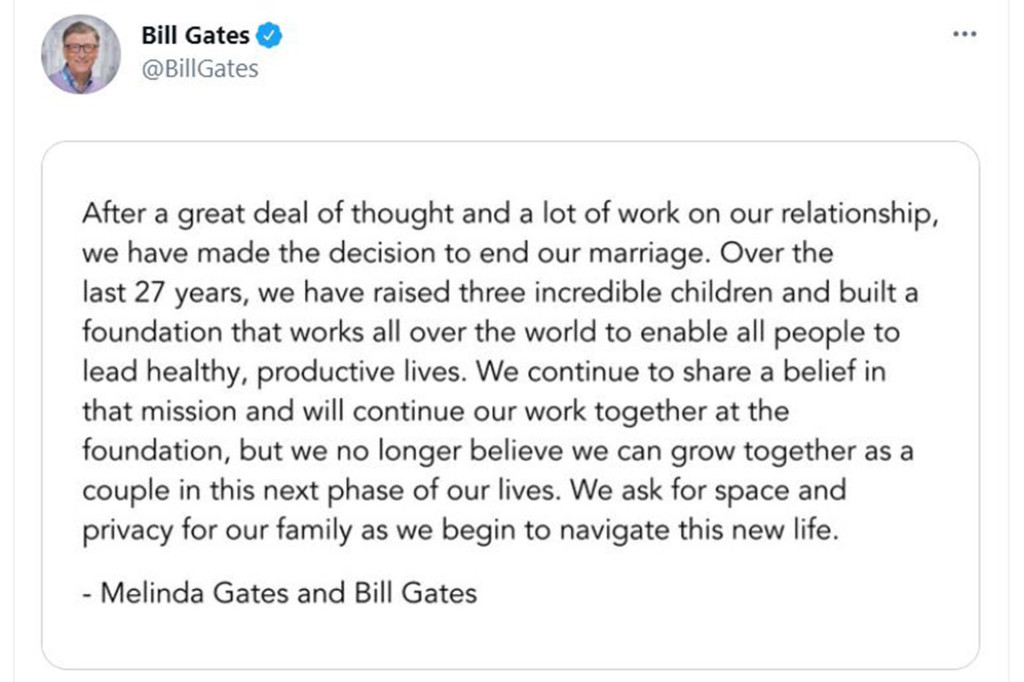
The pair, who met after Melinda began working at Microsoft as a product manager in 1987, said they would continue to work together on the renowned “charitable” organization they launched in 2000.
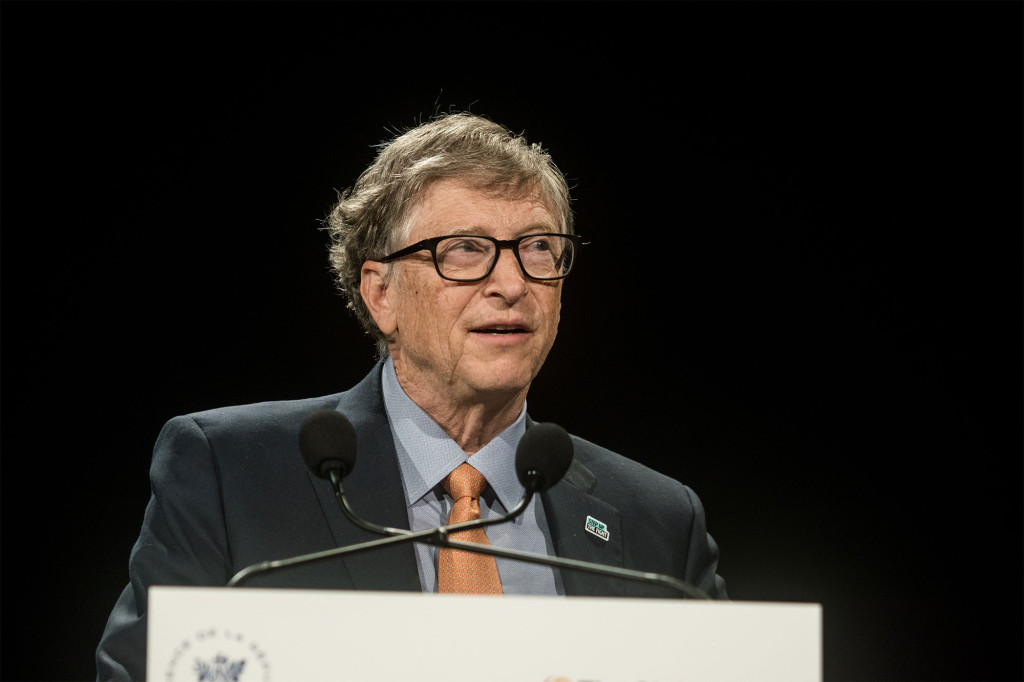
“Bill and Melinda will remain co-chairs and trustees of the Bill & Melinda Gates Foundation,” the organization said in a statement.
“No changes to their roles or the organization are planned. They will continue to work together to shape and approve foundation strategies, advocate for the foundation’s issues, and set the organization’s overall direction. “
Arguments Over Epstein
Bill and Melinda Gates had a previously undisclosed meeting with convicted pedophile Jeffrey Epstein in New York City — and the visit was so uncomfortable, she warned her husband not to have anything to do with the financier again, according to a report.
The Microsoft co-founder and his wife — who announced their divorce this week — visited Epstein’s Upper East Side townhouse in September 2013, according to the Daily Beast, citing sources who said Melinda was “furious” after the meeting.
The meeting came on the same day the philanthropic couple accepted the Lasker-Bloomberg Public Service Award at the Pierre Hotel and were photographed with then-Mayor Mike Bloomberg, according to the outlet.
Friends of the couple told the Daily Beast that Melinda is still haunted by the encounter with Epstein, who had been accused for years of molesting underage girls and killed himself in 2019 while locked up in Manhattan on sex-trafficking charges.
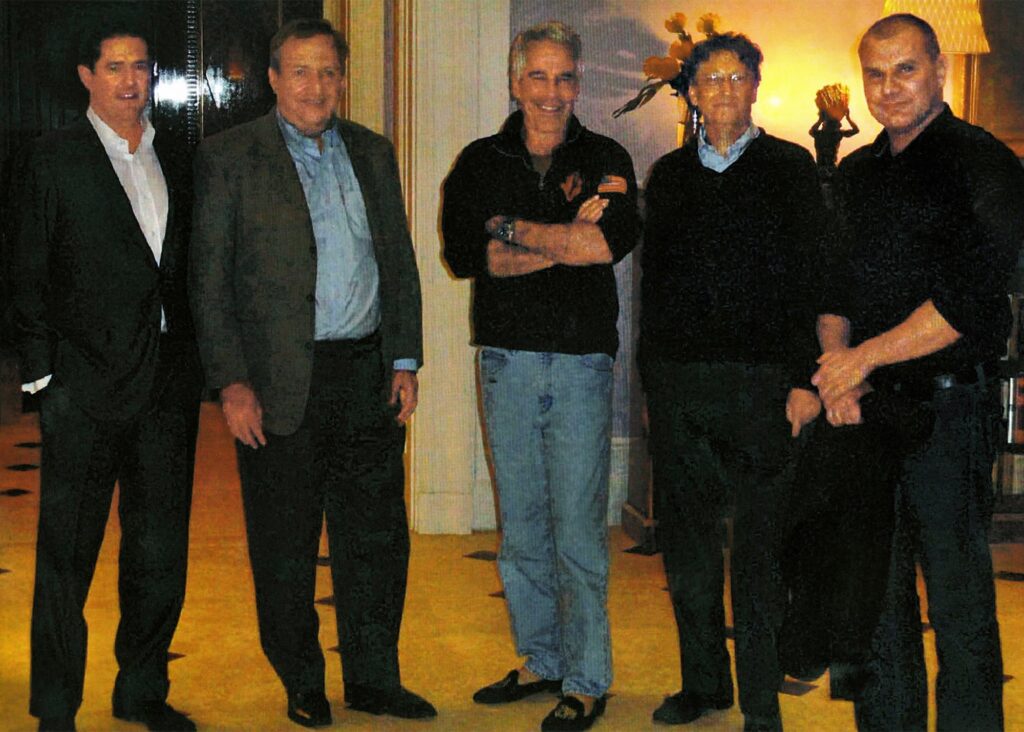
But it is unclear whether Melinda was appalled by Epstein’s prior conviction or just didn’t like his personality.
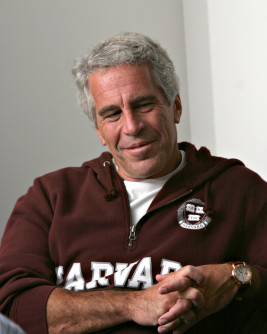
“He just was an obnoxious guy. He almost made a point of having bad manners, not paying attention at dinner,” a person told the Daily Beast. “I could see how anybody, even without suspicions, would not want to be around him.”
The outlet reported that ties between Gates and Epstein were allegedly much deeper than the tech titan had admitted — and cited a New York Times report that said the two men met several times beginning in 2011, three years after Epstein pleaded guilty to soliciting an underage girl in Florida.
Two Gates associates acted as intermediaries between the two, according to the Times, which identified them as biotech investor Boris Nikolic, a former Gates adviser who was named as a backup executor in Epstein’s last will and testament, and Melanie Walker, who worked at the Bill & Melinda Gates Foundation and served as Epstein’s science adviser.
A person close to Walker told the Daily Beast she did not attend the meeting or help set up any meetings between the two men. Nikolic did not return the outlet’s requests for comment.
A rep for Bill and Melinda Gates also did not respond to requests for comment by the Daily Beast.
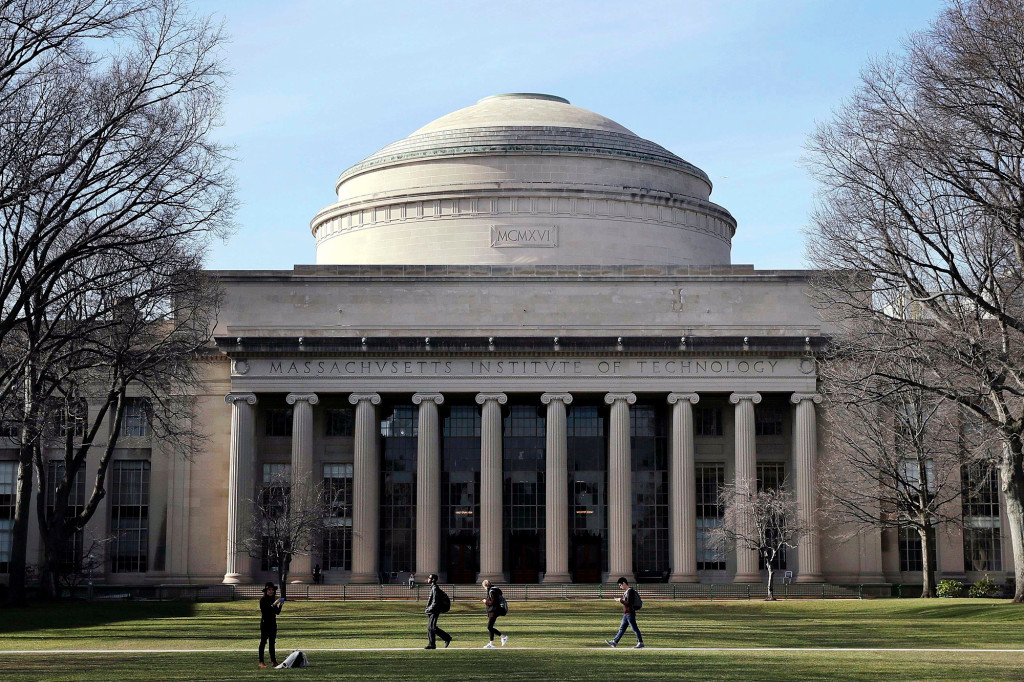
According to the Times, Gates had met with Epstein in 2011 at his Manhattan home, with the disgraced financier’s former girlfriend Eva Andersson-Dubin and her daughter in attendance.
Gates visited Epstein several times from 2011 to 2013, according to the Times, which reported that Epstein had tried pitching a new charitable fund to JPMorgan and to the Gates foundation.
In 2013, the Microsoft multibillionaire also flew on Epstein’s so-called “Lolita Express” private jet from New Jersey to Palm Beach, Florida, according to flight records reviewed by the Times.
“I met him. I didn’t have any business relationship or friendship with him,” Gates said in September 2019, according to the Daily Beast.
“I didn’t go to New Mexico or Florida or Palm Beach or any of that. There were people around him who were saying, ‘Hey, if you want to raise money for global health and get more philanthropy, he knows a lot of rich people,’” he said.
“Every meeting where I was with him were meetings with men. I was never at any parties or anything like that. He never donated any money to anything that I know about,” Gates added.
A Gates spokeswoman told the Times that he was not aware the plane was owned by Epstein.
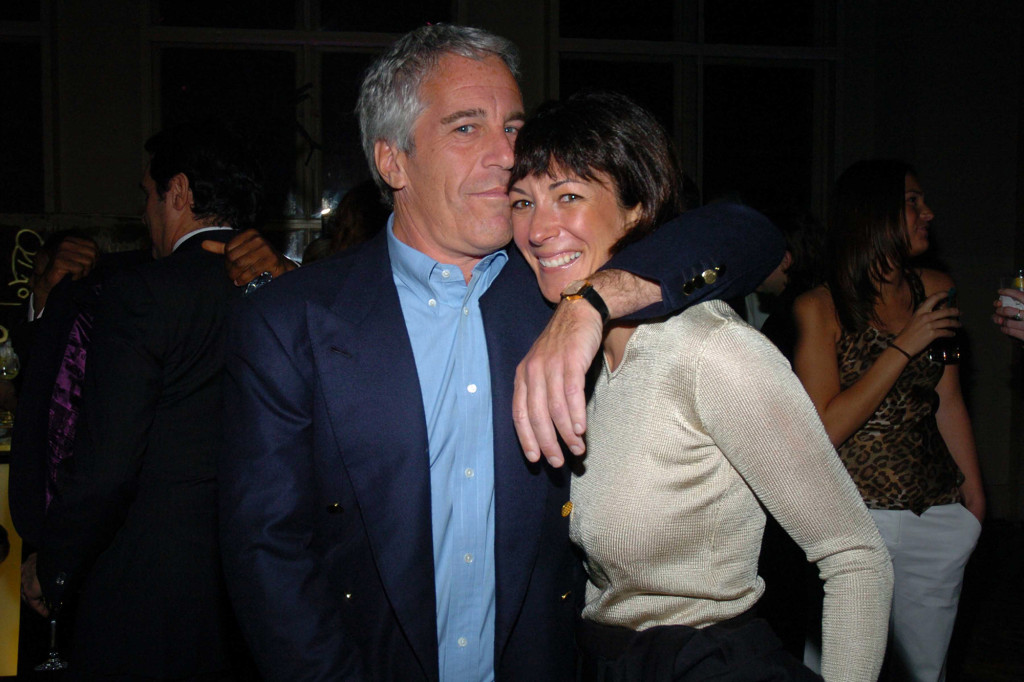
A technology associate who has attended the same events as Epstein expressed surprise that Gates had considered cultivating philanthropic connections with the late pedophile.
“I can’t make the claim that so many are claiming,” the person told the Daily Beast, referring to people in Epstein’s orbit who’ve claimed to have had no suspicions of Epstein’s abuse.
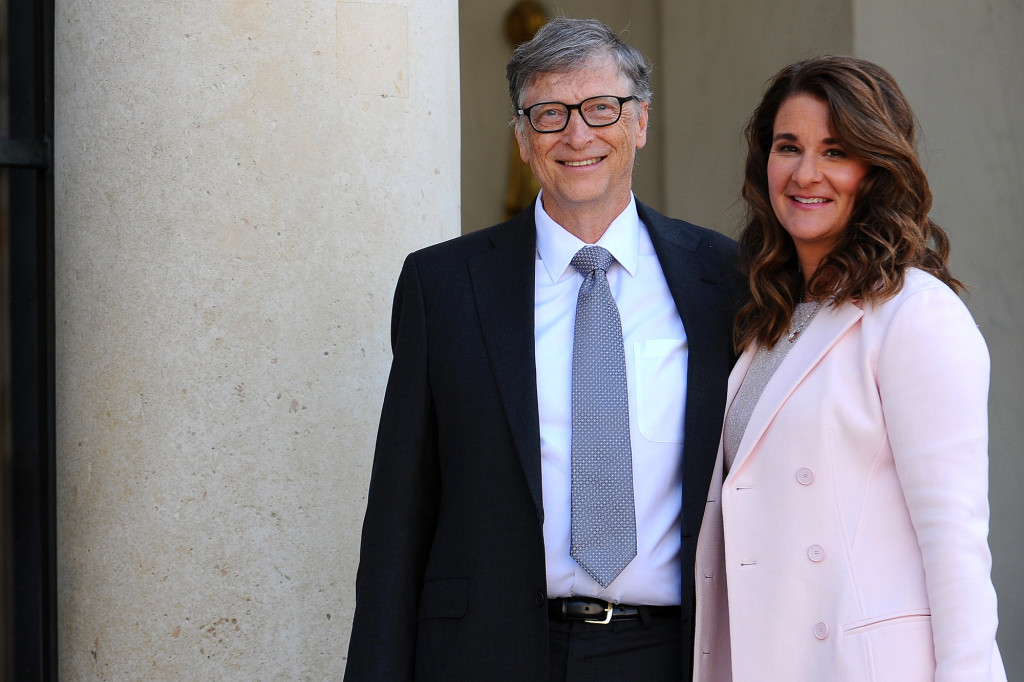
“If you ask Bill Gates, he’ll say, ‘Oh I had absolutely no idea he wasn’t up to anything of the highest moral character.’ But I seriously doubted Epstein’s moral character,” the source told the outlet on condition of anonymity.
“The people around him,” the source added, referring to Epstein, “had a varying spectrum of what they knew and what they didn’t know and how they rationalized it.”
The person said “a lot of people were uncomfortable with Epstein, completely independent of his” sexual misconduct.
The Bigger Picture
The announcement earlier this week of Bill and Melinda Gates’s divorce was a bombshell headline, but it shouldn’t distract us from an even more interesting development in the news media in recent weeks. Bill Gates, long heralded as a global hero in the pandemic response, is becoming an increasingly popular target of criticism for his role in the unfolding vaccine apartheid around the world.
News outlets from Salon to the Observer to The New Republic have taken aim at Gates’s efforts to defend Big Pharma’s monopoly controls over Covid vaccines—even in the face of growing humanitarian calls to suspend patents and to compel these companies to share the recipes and technological know-how needed to expand vaccine production and immunize the poor.
The reporting has highlighted the former Microsoft CEO’s hard-wired ideological commitment to patents, intellectual property, and the private sector, but may have understated the full scope of the Gates Foundation’s interests in this debate—like the sprawling array of intellectual property the charity has acquired access to through its grants and investments. Or the fact that the foundation co-owns a vaccine company.
Last October, The Nation reported on a $40 million investment the Gates Foundation made in 2015 in a start-up company called CureVac, which is currently wrapping up clinical trials for its Covid vaccine. The Gates Foundation at one point was the second largest shareholder of the company and had the ability to nominate a member to CureVac’s supervisory board.
The foundation is no longer a leading shareholder, but its 2015 investment may be worth hundreds of millions of dollars today, as last November CureVac agreed to supply up to 405 million doses to the European Commission—a deal that seems to raise new questions about Gates’s role in perpetuating vaccine apartheid. While the Gates Foundation currently stands to financially benefit from CureVac’s prioritizing sales to the wealthiest nations and preserving its intellectual property and patents, doesn’t the foundation’s charitable mission—and related tax benefits—require it to direct immunizations into the arms of the global poor? CureVac and the Gates Foundation both failed to respond to questions about if or how they plan to do so.
But the larger questions raised by their business partnership concerns how Bill Gates, one of history’s most storied monopolists, has found himself so deeply involved in what may be one of the most potent monopoly markets ever devised: a vaccine that virtually everyone on earth needs.
Beyond co-owning a vaccine company, the Gates Foundation has other far-reaching means to influence how vaccine markets work—or don’t. This includes helping direct the WHO’s efforts to deliver Covid cures to the global poor, advising the G7 delegation on pandemics preparedness, meeting with the US Office of the United States Trade Representative to discuss intellectual property related to Covid vaccines, holding regular calls with pharmaceutical company CEOs and Anthony Fauci, and brokering vaccine deals between the University of Oxford, AstraZeneca, and the Serum Institute of India.
It is increasingly urgent to ask if Gates’s multiple roles in the pandemic—as a charity, a business, an investor, and a lobbyist—are about philanthropy and giving away money, or about taking control and exercising power—monopoly power.
“What we’re seeing is the accumulation of 20 years of very careful expansion into every aspect in global health—all of the institutions, all of the different companies that often have these early-stage technologies, as well as all of the advocacy groups that speak to these issue, and all of the research institutions,” notes Rohit Malpani, a global health consultant and board member of the global health initiative Unitaid. “It also therefore reflects the failure of the Gates Foundation. The fact that they exert so much influence and even control over so many aspects of the [pandemic] response…and the fact that we are seeing so much inequity speaks to the influence that they have, and [suggests] the strategies that they’ve set out have not worked. And they have to own that failure.”
CureVac
Because the Gates Foundation’s investment in CureVac is considered part of its charitable activities—through a little-studied IRS provision governing “program related investments”—the Gates Foundation is required to ensure that its investment supports the foundation’s charitable mission “to help all people live healthy, productive lives.”
A partially redacted “global access commitments agreement” the Gates Foundation signed with the company in 2015—made public through Securities and Exchange Commission (SEC) filings when CureVac became a publicly traded company last year—stipulated that CureVac was to use the foundation’s money to fund a manufacturing facility and develop its vaccine technology, and that CureVac was to make its vaccines “available and accessible at reasonable cost to people most in need.” The agreement also appears to give the foundation legal rights to make sure this happens, including some claims to a “a worldwide, non-exclusive, perpetual, irrevocable, fully-paid up, royalty-free license” to products and “background intellectual property” developed with the foundation’s money—for example if the company defaults on its charitable obligations or goes bankrupt.
Hoovering IP
The “global access agreements” that the Gates Foundation signs with its charitable recipients, like CureVac, have long been the linchpin of Gates’s expansive charitable work with the private sector—serving as both a response to critics who say the philanthropy is too closely aligned with Big Pharma and a justification the foundation can offer to the IRS to rationalize the tax benefits it gets from donating money to multinational companies—like the tens of millions of dollars it has given to GlaxoSmithKline.
Broadly, the agreements give the foundation a tool to compel grantees to direct whatever products, tools, and technologies they develop with the aid of Gates’s funding to the developing world—to meet the Gates Foundation’s charitable goals.
When my reporting last year uncovered $2 billion in charitable donations the Gates Foundation had given to private companies, the foundation pointed to its global access policies and noted that its private-sector partnerships produce “public goods” and “yield products that are safe, effective, affordable, and accessible for communities in low- and middle-income countries.”
Yet some see these access agreements as designed less to promote equity or “global access” and more focused on promoting the Gates Foundation’s access to intellectual property. Securing IP rights has long been a central, if rarely scrutinized, part of how the Gates Foundation does business.
For example, in 2011, the Gates Foundation began a financial relationship with a company called Zyomyx, which was working on HIV diagnostics. The Gates Foundation at one point held a 48 percent stake in the company, and also secured some rights to the company’s intellectual property. When the company later went bankrupt, the foundation took over this IP, housing it in the “Global Good” arm of a business called Intellectual Ventures, run by a former Microsoft executive and widely viewed as a patent troll (a company that uses the threat of patent litigation as a principal source of revenue).
In September of 2020, the Global Good project was moved out of Intellectual Ventures and handed off to the Gates Foundation and Gates Ventures, Bill Gates’s personal office.
Given the tens of thousands of charitable grants and investments the foundation has made over the last two decades, the charity may have acquired access to or ownership of a stunning level of technology and intellectual property, which translates into the unprecedented level of influence Gates has not just over global health but also the pharmaceutical industry.
“Think of intellectual property as a bundle of sticks,” Malpani explains. “Nobody owns the entire bundle of sticks. If there’s 10 sticks in the bundle, maybe the company owns seven, the NIH owns two sticks, and maybe the Gates Foundation owns one. And that one stick might be march-in rights [like licensing the patent to a third party] or a limited license to exploit the technology for these countries. So, for all of these investments the Gates Foundation has made over the years, they’ve acquired a lot of different forms of intellectual property. And all of that intellectual property provides them with a certain amount of, not only visibility as to what the technology domain looks like, but also to exert control and influence over how that intellectual property is exercised.”
Malpani draws parallels to recent reports that Bill Gates is the single largest private farmland owner in the United States, saying that Gates and his private foundation may have quietly become one of the “most important owners of intellectual property for different therapeutics, diagnostics, and vaccines in the world today.”
“That gives them enormous responsibility and influence over how these technologies develop and evolve,” Malpani says, “That means a waiver of intellectual property rights [as is being called for in the pandemic]…affects their own holdings of intellectual property. It also affects their ability to control how this intellectual property is developed and distributed around the world.
“In many ways, this mirrors very much the strategies that Microsoft had [which led to the company being sued by the Justice Department during the 1990s]. The whole basis of the company was based on the accumulation of intellectual property, so in some ways it’s not surprising the Gates has adopted this same approach, nominally for philanthropic ends, but ultimately still it’s about having certain level of control and influence. It’s a recognition [by Gates], before many others, that intellectual property was going to have a very central role in how global health is managed.”
Challenging Monopoly
Another leading voice in the pandemic response, the Coalition for Epidemic Preparedness Innovation (CEPI)—which was cofounded by the Gates Foundation and whose general counsel, Richard Wilder, previously presided over intellectual property at Microsoft—appears to use similar access agreements when it gives away money, a tool it trumpets as promoting equity.
CEPI has pledged up to $22.5 million to CureVac for its work on a Covid vaccine—and hundreds of millions more to other companies. Yet, during the pandemic, CEPI’s work with private companies has been widely criticized for its lack of transparency—and not clearly steering Covid vaccines to the world’s poor.
CEPI’s agreement with CureVac—released in SEC documents—at one time actually included a powerful provision allowing the coalition, in some circumstances, to compel the company to share its vaccine technology with other manufacturers. Shortly after the advocacy group Public Citizen publicized this, however, an amended contract appeared in SEC filings appearing to show CEPI waiving these rights.
“It’s baffling. CEPI helped jumpstart CureVac’s work on the vaccine, but then seemingly waived away its own leverage to expand production around the world,” said Public Citizen’s Zain Rizvi. “CEPI does important work but, unless it takes a stronger stance on sharing intellectual property, it cannot fulfill its commitment to equitable access.” CEPI did not respond to a request for comment.
In the face of Big Charity’s failures to deliver us from the pandemic, a variety of efforts are currently underway to challenge the prevailing monopoly power we’re seeing in Covid vaccine markets—chief among them a proposal to the World Trade Organization, supported by more than 100 countries, calling for a suspension of patents related to Covid vaccines. Another response is a WHO-led effort to create a technology transfer hub that calls on large companies to share mRNA tools and technologies with vaccine manufacturers in poor countries.
The Intercept recently reported that CureVac, the company partially owned by the Gates Foundation, has not committed to join the program. But several sources close to the project say the Gates Foundation will likely find a way to get involved, if not take control.
“He’ll come in and want to fund just enough to make him a stakeholder in a project; then he’ll try to use that exercise control and influence on the way it’s executed,” notes James Love, director of the advocacy group Knowledge Ecology International. “We’re saying, don’t do that. Gates is on the board of the GlobalFund. He’s on the board of Unitaid. He has a special relationship with the World Bank. Frankly, he’s running whole sections of the WHO. He’s got a huge financial footprint in universities around the world…. So I think there’s a lot of opposition within the community of public health to keep Gates out of this new technology transfer hub. But he has a big checkbook, and there’s not enough leadership from governments.”
From Love’s perspective, Gates’s involvement would weaken the potential of the technology transfer hub to promote equity.
“Everything Gates has done in the vaccine area since 1999 has been to push the line to strong intellectual property rights, reliance on really big companies, secret agreements, and restrictive licensing. That’s his secret to success. And that’s the exact opposite of what we want to see happen.”
- https://nypost.com/2021/05/03/bill-and-melinda-gates-announce-they-are-getting-divorced/
- https://nypost.com/2021/05/03/bill-and-melinda-gates-dont-have-a-prenup-court-docs-say/
- https://www.thenation.com/article/society/bill-gates-foundation-covid-vaccines/
- https://nypost.com/2021/05/07/melinda-gates-reportedly-angry-after-couple-met-with-epstein/
- How Greed Made Piracy Great Again - February 1, 2026
- Why PC Gaming Is No Longer Affordable - February 1, 2026
- Why Student Loans Are a Scam - January 18, 2026




